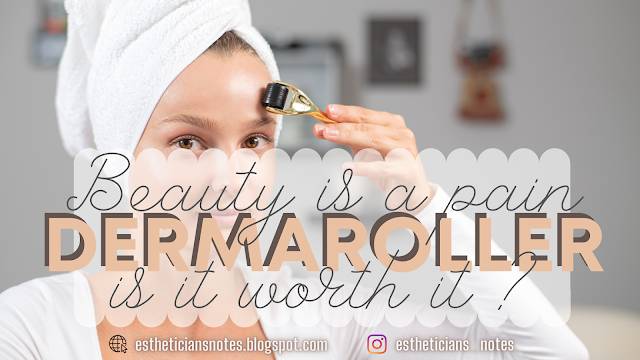I’ve been using Tok-tok for the last few weeks. Users of the Tok-tok app, know that “for you page” adjusts special content for each user based on personal preferences. I’m getting lots of videos about skincare, which I’m happy about. I noticed a lot of skincare regimes about retinol and vitamin C on the Tik-tok app. In my next blog I’m going to discuss vitamin C in a little bit more detail. But let us focus on the magical effects of retinol.
What is retinol? Can retinol cause dry skin? Is retinol good for skin? What is the difference between retinol and retinoid?
In cosmetic products vitamin A appears in different forms e.g., retinol, retinoic acid and the like. Retinoids are synthetic and natural derivatives of retinol, which is a feature of active vitamin A. Vitamin A and its derivatives reduce fine lines and wrinkles, pigmentation, stimulate production of collagen and elastin fibres, soften the skin, reduce blackheads, and regulate sebaceous glands secretion. As we can see it helps with many different problems, because of that retinoids are very often recommended by dermatologists.
How do retinoids work? What does the retinol do?
- Retinoids are good ingredients in photoaging and ageing therapy. Retinoids improve skin structure and texture, by stimulating production of the collagen and elastin.
- Regulate the regeneration process of the epidermis cells, by increasing turn-over time, (look at: what my skin is? Where are described skin processes) increasing intensity of natural exfoliation of keratinocytes.
- Increase basal layer cell production.
- Retinoids slow down transport of melanin to the keratinocytes which helps with pigmentation problems.
- Improve blood flow around skin, stimulate formation of new blood vessels.
On the other side retinoids help with teenagers and young adults’ problems – acne!
- Retinoids reduce comedogenesis because of an increase in differentiation processes of the cells around the dermis. It supports natural exfoliation causing keratinocytes not to accumulate anymore around hair folliculitis. This leads to fewer white- or blackheads which could transform into pimples.
- Having strong anti-inflammatory and antibacterial properties. The most recommended and the most effective here is an adapalene. Topically applied once at night.
- Retinoids normalize processes in sebaceous glands, by reducing secretion. Usually recommended when skin is too oily. Moisturisers are used in conjunction with retinoids to prevent skin dryness.
- It reduce acne discoloration
Few important tips to mention:
Experts advise to stay away from retinol/retinoids during pregnancy as the small amounts can get into the blood circulation and cause birth defects.
Always use sun protection while using retinol.
Don't use retinol and vitamin C simultaneously.




Comments
Post a Comment